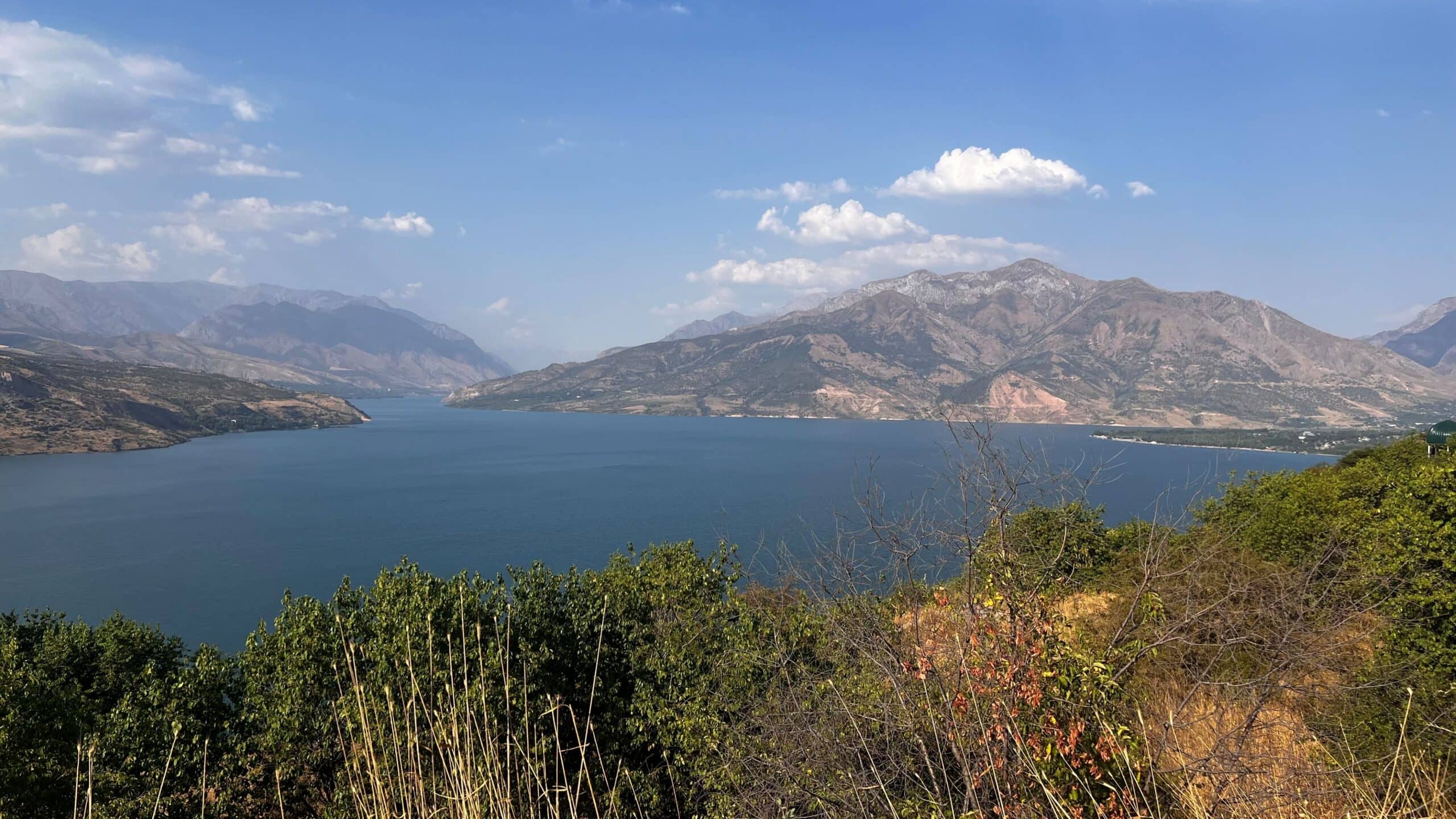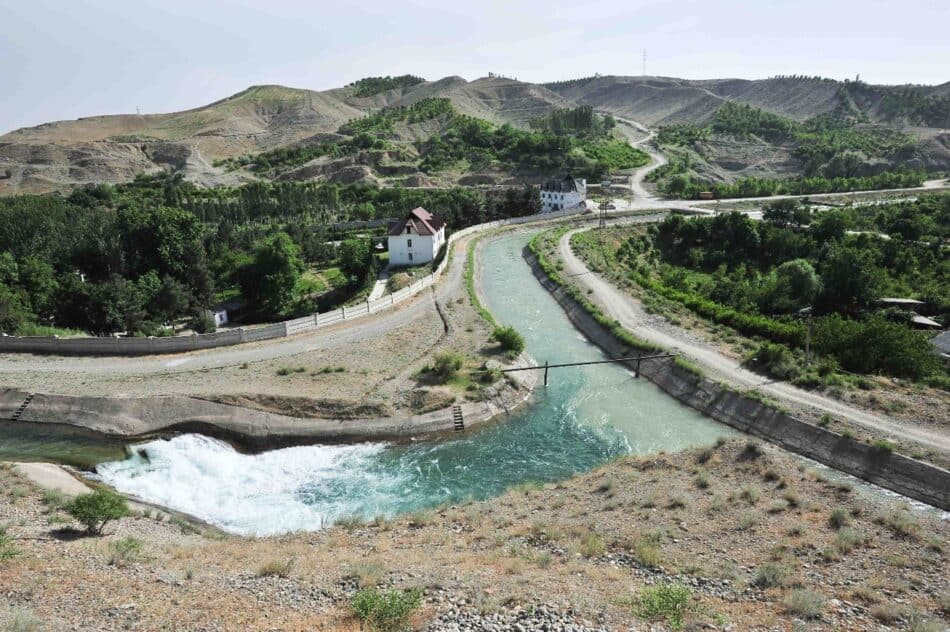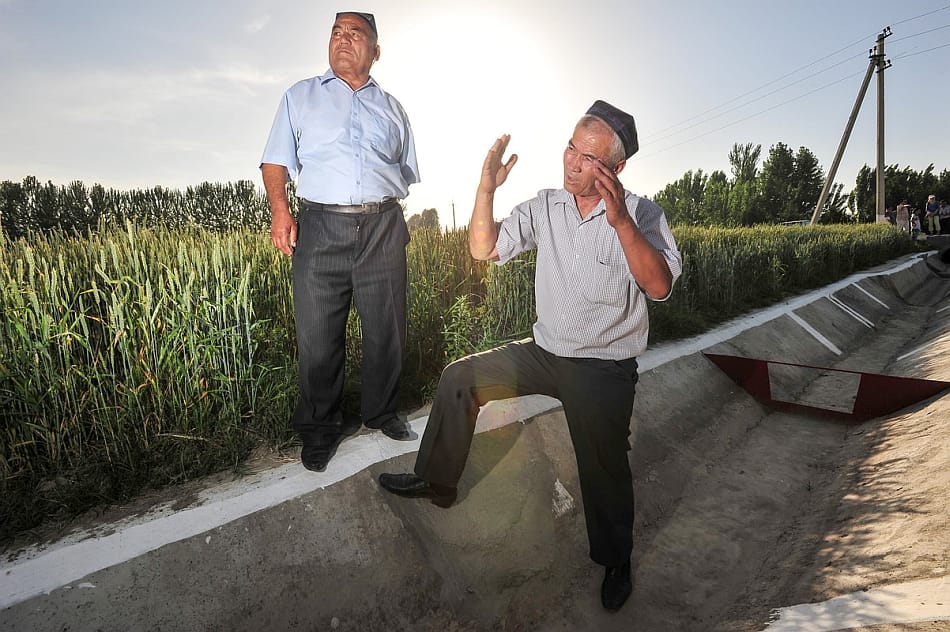Tajikistan
Tajikistan faces significant environmental challenges, including deforestation, land degradation, and the impacts of climate change on its water resources. The country’s reliance on agriculture, especially cotton farming, contributes to soil erosion and water scarcity, with the shrinking of glaciers threatening the availability of freshwater. Efforts are being made to address these issues through sustainable land management, water conservation, and climate adaptation strategies to protect both the environment and the livelihoods of local communities.
IWMI in Tajikistan
In Tajikistan, IWMI is contributing its technical expertise to improve the management of water resources in the Amu Darya River Basin. The initiative focuses on using remote sensing technologies to assess water quality, providing crucial data that will inform water allocation and planning for the region’s small transboundary tributaries. This work helps address water scarcity and improve water quality, ensuring sustainable resource management across the Syr Darya basin, which is vital for both agricultural and environmental health.
Additionally, IWMI is playing a key role in regional efforts to foster transboundary water cooperation in Central Asia. By enhancing collaboration between Tajikistan and its neighbors, the initiative seeks to ensure equitable water distribution and address the growing challenges posed by climate change. This work also emphasizes the importance of capacity building, empowering local communities and water professionals to adopt more efficient and sustainable water management practices for long-term stability.
Contact
Latest Tajikistan publications

2024
More... | Fulltext (648 KB)
![The precarity of transnational migration and the COVID-19 pandemic: addressing female return migration in Kyrgyzstan and Tajikistan. [Policy Brief of the Migration Governance and Agricultural and Rural Change (AGRUMIG) Project] (09/30/2023) The precarity of transnational migration and the COVID-19 pandemic: addressing female return migration in Kyrgyzstan and Tajikistan. [Policy Brief of the Migration Governance and Agricultural and Rural Change (AGRUMIG) Project] (09/30/2023)](https://mlpyskbirng6.i.optimole.com/cb:8GyQ.e272/w:90/h:127/q:mauto/sm:0/https://www.iwmi.org/images/publications-thumbnails/H052221.jpg)
2021
More... | Fulltext (14.8 MB)
Land Use Policy, 2019
More... [DOI] | Fulltext (1.56 MB)
Agricultural Water Management, 2019
More... [DOI] | Fulltext (794 KB)






